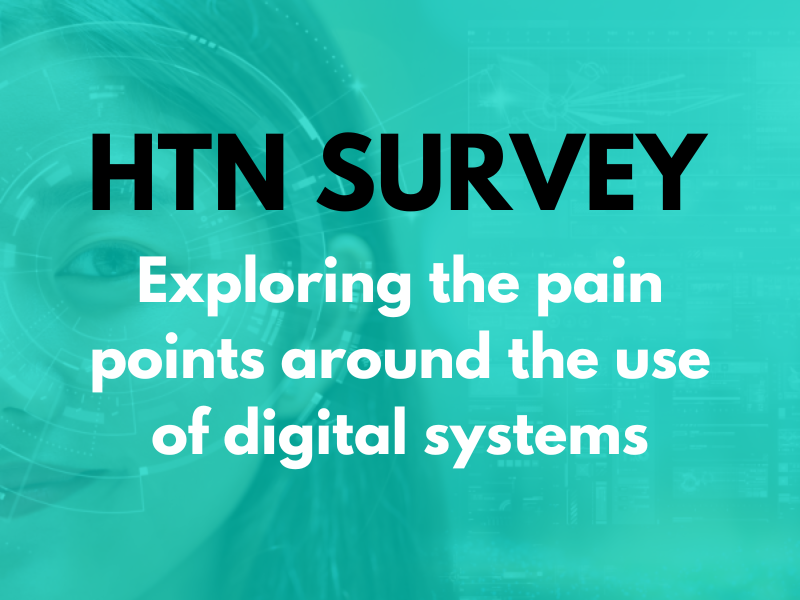A team of international researchers led by University College London have developed an artificial intelligence algorithm said to detect and report subtle brain abnormalities which can cause epileptic seizures.
The Multicentre Epilepsy Lesion Detection (MELD) project used over 1000 MRI scans from 22 global epilepsy centres to develop the algorithm. They quantified cortical features from the MRI scans, such as how thick or folded the cortex was, and used around 300,000 locations across the brain. They then trained the algorithm on healthy brains and brains with focal cortical dysplasia (FCD) – a leading cause of epilepsy.
The researchers highlighted that FCDs are areas of the brain that develop abnormally and often cause drug-resistant epilepsy. Although it is typically treated with surgery, identifying the lesions from an MRI presents an ongoing challenge as MRI scans in FCDs can look normal.
Results show that the algorithm was able to detect FCD in 67 percent of cases in the cohort (538 participants). Previously, MRI scans had failed to detect the brain abnormality in 178 of the participants, but the MELD algorithm identified FCD in 63 percent of this group. The study notes that this is key, as if doctors can find the abnormality, then surgery to remove it can find a cure.
Dr Konrad Wagstyl from the UCL Queen Square Institute of Neurology, co-senior author, commented: “This algorithm could help to find more of these hidden lesions in children and adults with epilepsy, and enable more patients with epilepsy to be considered for brain surgery that could cure the epilepsy and improve their cognitive development. Roughly 440 children per year could benefit from epilepsy surgery in England.”
Co-first author, Dr. Hannah Spitzer (Helmholtz Munich), added: “Our algorithm automatically learns to detect lesions from thousands of MRI scans of patients. It can reliably detect lesions of different types, shapes and sizes, and even many of those lesions that were previously missed by radiologists.”
The MELD project is supported by the Rosetrees Trust, with findings published in Brain.





